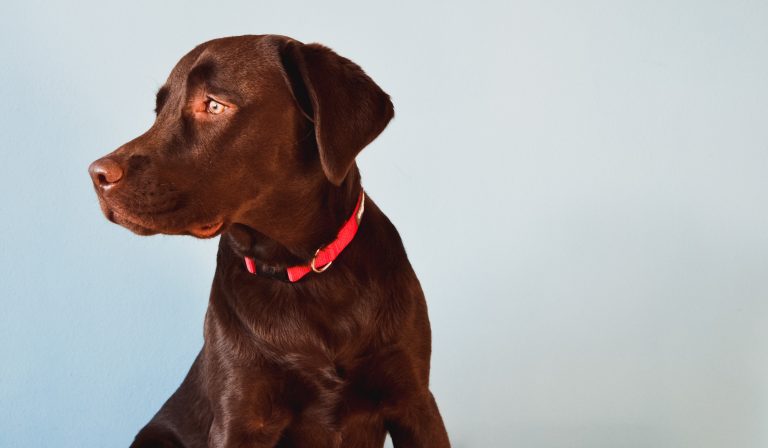
Breakfast and lunch have passed, and yet there’s still a full bowl of kibble . . . Why is your puppy not eating?
When your puppy stops eating, it is medically known as canine anorexia.
Before you panic and google everything under the sun, it’s not as drastic as it sounds. We’re going to help you out by going over some common reasons your puppy has lost interest in their food.
9 Reasons For Your Puppy Not Eating
You Changed Their Food
Puppies can be picky at times. A change in their usual kibble can sometimes be an easy excuse to refuse to eat. They may not eat if they don’t like it or if they are trying to hold out for the ‘old food’ to come back!
Intestinal Parasites
Roundworms and other parasites are a very common cause of your puppy not eating. .
Stress
Have there been any changes to your puppy’s surroundings? Potential stressors include a new home, other pets bullying, too many people, or being left alone can all trigger them to avoid their food.
Aches and Pains
Check for physical signs of pain such as limping or lethargy. Examine your pup’s mouth – a splinter or cut in their mouth could be reason for your puppy not eating. If you suspect any of these to be the case, ring and speak to your vet.
Vaccinations
Did your puppy get vaccinated within the last forty-eight hours? Once in a while, vaccines can cause unwanted side effects, including a lack of appetite.
Travel/Motion Sickness
Your puppy may not have fully developed eardrums, and this can lead to motion sickness during car rides, which could be the cause of your puppy not eating.
Ate Something They Shouldn’t Have
Check your puppy’s environment for any strange plants or chemicals they may have gotten into. If you suspect any type of poison, rush them to the nearest vet.
Intestinal Blockage
Note any toys that look as if they’ve been broken off and possibly swallowed. Has your puppy had bowel movement recently? This possibility should be checked out by your veterinarian.
Is Someone Sneaking Table Food?
Ask your family if they have been giving your puppy any human food. Puppies are smarter than we give them credit for – they may be waiting for a tastier meal or actually be full up from eating everything else!
Once you’ve figured out why your puppy won’t eat, these ideas might get your little buddy’s appetite back:
- Try adding wet food to their kibble.
- Change their food bowl (Odd, yes, but puppies may not like the type or elevation of the bowl.)
- Create a feeding schedule* and stick to it! Your pup could be craving routine.
- Add chicken broth to dry food.
- Feed your pup away from others. They may need a little personal space.
- If you suspect separation anxiety, your pooch might eat with you in the room.
- Natural yoghurt can help an upset stomach.
- Try exercise. Burning some energy might get their appetite back.
- Patience. If your puppy still hasn’t eaten within forty-eight hours, get them in to see a veterinarian.
A puppy not eating is not considered a medical emergency until forty-eight hours, but if your puppy is refusing water, bring them to your vet immediately.